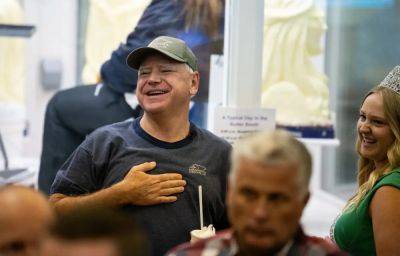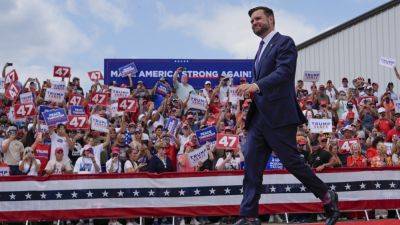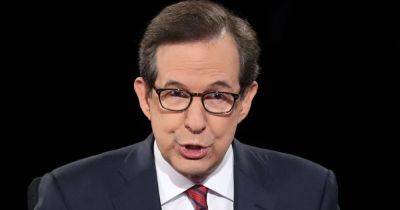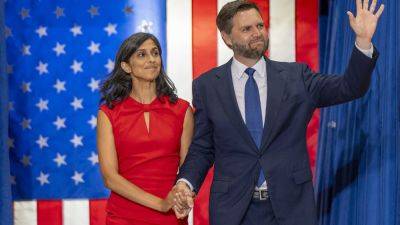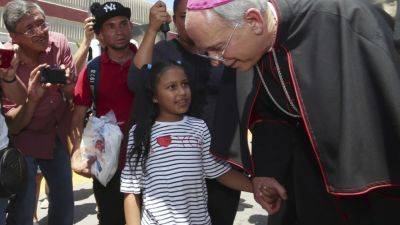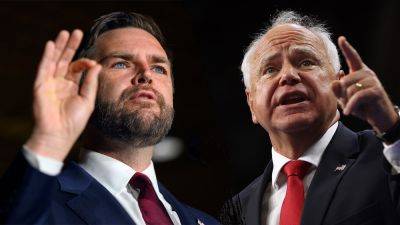JD Vance’s Catholicism helped shape his views. So did this little-known group of Catholic thinkers
By his own account, Ohio Sen. JD Vance’s 2019 conversion to Catholicism provided a spiritual fulfillment he couldn’t find in his Yale education or career success.
It also amounted to a political conversion.
Catholicism provided him a new way of looking at the addictions, family breakdowns and other social ills he described in his 2016 bestselling memoir, “Hillbilly Elegy.”
“I felt desperate for a worldview that understood our bad behavior as simultaneously social and individual, structural and moral; that recognized that we are products of our environment; that we have a responsibility to change that environment, but that we are still moral beings with individual duties,” he wrote in a 2020 essay.
His conversion also put Vance in close touch with a Catholic intellectual movement, viewed by some critics as having reactionary or authoritarian leanings, that has been little known to the American public until Vance’s rise to the national stage as the Republican vice presidential nominee.
These are not your father’s Catholic conservatives.
The professors and media personalities in this network don’t all agree on everything — even on what to call themselves – but most go by “postliberal.” Vance has used that term to describe himself, though the Trump-Vance campaign did not respond to questions about where Vance sees himself in the movement and whether he shares some of the beliefs promoted by many postliberals.
<bsp-list-loadmore data-module="" class=«PageListStandardB» data-gtm-region=«RELATED COVERAGE» data-gtm-topic=«No Value» data-show-loadmore=«true»

